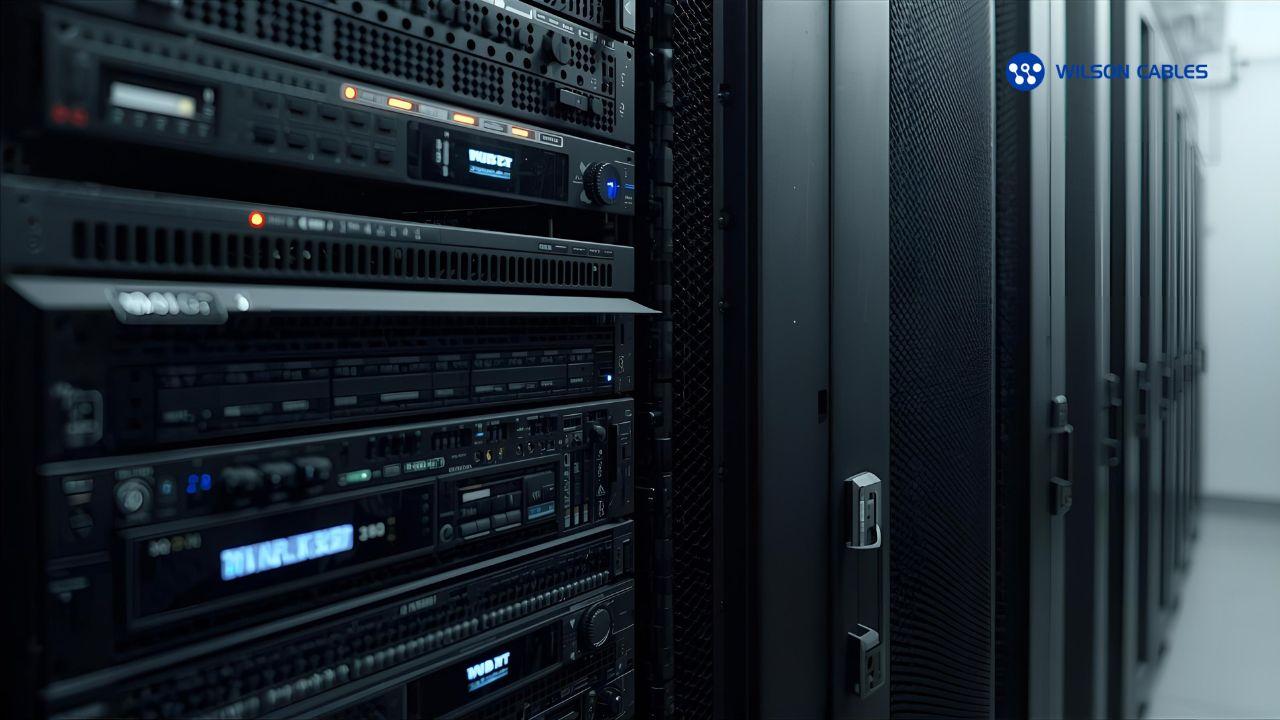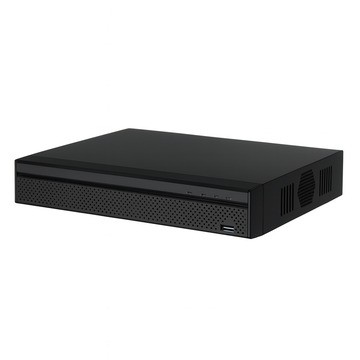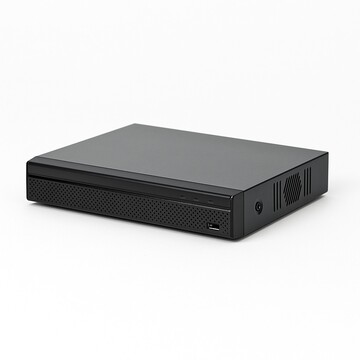
In a closed-circuit television (CCTV) system, DVR (Digital Video Recorder) and NVR (Network Video Recorder) are the two most commonly used recording devices. Both are used to record, store, and play back CCTV footage, but they have different technologies and ways of working.
People often feel confused when choosing between DVR and NVR because at first glance, they appear similar. However, the differences between the two are quite significant, ranging from how video data is processed, the type of camera used, the image quality produced, to the installation costs. Understanding the differences between DVR and NVR is very important for you to determine the right CCTV system for your security needs, whether for your home, office, or business.
It is important to understand what DVR (Digital Video Recorder) and NVR (Network Video Recorder) are because they have the same main function, which is to record video from CCTV cameras, but with different technologies and ways of working.
A DVR is a recording device used for analog CCTV. A DVR works by receiving video signals from analog cameras via coaxial cables (such as RG-59 CCTV cables). These signals are then processed into digital data that can be stored on a hard disk. DVRs usually require an additional device in the form of an internal capture card to convert analog signals to digital. This system is relatively simpler and generally more affordable, making it still widely used for small to medium-scale CCTV installations.
Meanwhile, an NVR is a recording device specifically for IP (Internet Protocol)-based CCTV cameras. An NVR receives video data that is already in digital form directly from IP cameras via a LAN or internet network. Since the recording and data processing are done within the IP camera, the NVR only functions as a data storage and management device. NVR supports higher video quality (up to 4K resolution or higher) and is generally more flexible as it can be accessed remotely via a network.
Although DVR and NVR have the same function, which is to record video from CCTV cameras, they have fundamental differences in terms of technology, how they work, video quality, and installation. Here is a more detailed explanation:

DVRs are still widely used today, especially for small to medium-scale CCTV installations. Here are some of their advantages and disadvantages:
DVR systems are generally cheaper than NVRs, both in terms of the equipment and the cameras used.
DVRs are suitable for those who already use analog cameras, eliminating the need to replace the entire system.
Although it requires additional coaxial cables for power, DVR installation can still be done by general CCTV technicians.
Recording resolution is generally limited to 720p to 1080p, resulting in less than optimal image detail.
DVRs are more difficult to access online than NVRs, although the latest versions already support remote access.
Separate video and power cables are required, making the system more complicated if there are many cameras.

NVRs are becoming increasingly popular with the development of IP camera technology and the need for higher recording quality. Here are some of their advantages and disadvantages:
NVR supports resolutions up to 4K, providing much sharper and more detailed images.
Uses Ethernet (LAN) cables with PoE technology that can transmit data and power in a single cable.
NVRs are integrated with networks, making them easily accessible from smartphones, tablets, or computers anywhere.
Supports multiple IP cameras with advanced features such as motion detection, face recognition, and cloud storage.
NVR devices and IP cameras require a larger investment than DVR systems.
For maximum performance, a stable LAN or internet network is required.
Installing and configuring an IP system may feel more complicated than a simple analog system.
Choosing between DVR or NVR depends heavily on your needs, project scale, and available budget. Both systems have the same main function, which is to record video from CCTV cameras, but their workings, output quality, and flexibility are very different.
DVR is More Suitable If:
NVR is More Suitable If:

Whether using a DVR or NVR, CCTV systems still require a stable connection to ensure uninterrupted recording. One component that is often overlooked is the CCTV cable. Poor-quality cables can cause image degradation, delays, and even harmful connection interruptions.
Wilson Cables offers RG-59 CCTV cables specifically designed to support the performance of your surveillance camera system. With a pure copper core and strong insulation layer, these cables deliver clear video signals with minimal interference. Moreover, their resistance to heat and humidity makes them an ideal choice for long-term installations in homes, offices, or industrial areas.
The difference between DVR and NVR lies in how they process data: DVR uses analog processing with coaxial cables, while NVR is based on the more modern IP network. DVR is suitable for simple systems with lower costs, while NVR offers flexibility, high quality, and ease of integration with the latest technology.
However, regardless of the choice, a CCTV system will not be optimal without high-quality cables. Therefore, ensure you use Wilson Cables' RG-59 CCTV cables, which are proven for quality, meet safety standards, and maintain signal stability. The right combination of devices and reliable cables can ensure your environment's security is maximally protected. Contact us for information and the best CCTV cable pricing offers from Wilson Cables.